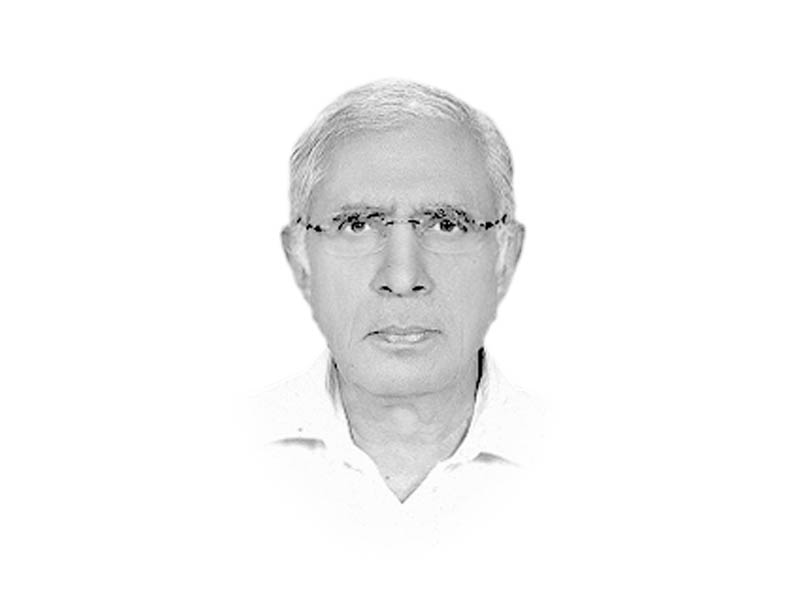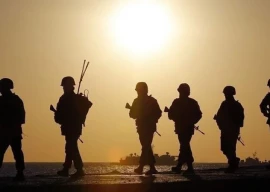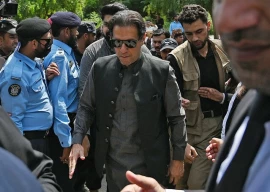
Simply put, sub judice connotes a particular case under trial. In almost all Commonwealth countries, including Pakistan, it used to be generally considered inappropriate to comment publicly on cases sub judice. After the introduction of the Contempt of Court Act of 1981 in the UK, sub judice lost its relevance in English law, as under Section 2 of the Act, a substantial risk of serious prejudice can only be created by a media report anticipating the course of a trial or predicting the outcome on television or in a newspaper. In Pakistan, we are actually still in-between. The Pakistan Electronic Media Regulatory Authority (Pemra) passed regulations on October 11, 2012 that allowed free TV discussions of sub judice issues. Luckily, however, these regulations have remained inoperative so far because Pemra was constitutionally incomplete at the time of their passage. But unluckily, even in the absence of these regulations, the media has been discussing matters sub judice since May 2007, when a mass movement was launched in the country for the restoration of judiciary sent home by a military dictator.
However, one school of thought in the country believes that sub judice matters should never be discussed in television programmes or on opinion pages. Those who subscribe to this school of thought also vehemently oppose the practice of tickers that are run almost live from the courtrooms on TV channels as they find them most often to be out of context and misleading and sometimes even blatantly attempting to influence the proceedings. Of course, even with the best of intentions, it is not always possible for the anchor-persons or the talk-show participants to handle a sub judice subject with the needed care and conduct the discussion in an objective manner. This invariably results in failure to ensure a fair and impartial debate and ends up sometimes unashamedly influencing the proceeding. For example, some people believe that the NRO case, the presidential immunity case, the Gilani contempt case and the Arsalan case were some of the high-profile cases that fell victim to the intended or unintended media manipulations of the sub judice during their respective proceedings.
Imran’s contempt case also seems tailor-made for such a treatment by the media. When you deliberately ignore the unconcealed sarcasm in Imran’s remarks about the term ‘sharamnaak’ (shameful) being a gaali (abuse) and run with a spin to make him sound ignorant of the term’s meaning, you indeed render your motives suspect.
Published in The Express Tribune, August 7th, 2013.
Like Opinion & Editorial on Facebook, follow @ETOpEd on Twitter to receive all updates on all our daily pieces.
COMMENTS (2)
Comments are moderated and generally will be posted if they are on-topic and not abusive.
For more information, please see our Comments FAQ












If the open and honest discussion were allowed in the media we would not have the whole debacle of E. Pakistan swept under the rug. Sub-judice or even decades after the court decision we can still not discuss the findings for self-improvement. From Humood Rehman to Abbottabad report they all are published from foreign countries but never from Pakistan. For justice it has to be just and should appear to be just. How could there be justice when all the facts and findings always remain buried?